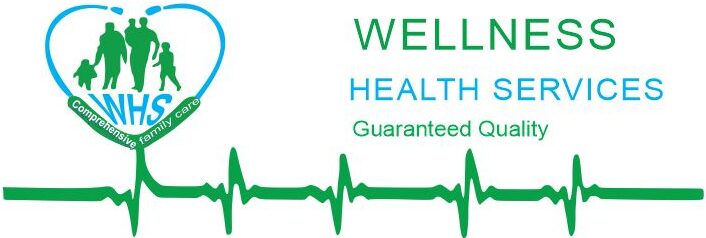Empowering Health. Transforming Lives.
Obesity often hides behind numbers on a scale or a bigger clothing size, but its true dangers go far deeper—silently damaging the body, clouding the mind, and stealing precious moments from life. If left unaddressed, obesity isn’t just about weight; it’s a slow-burning fire that can consume health, hope, and happiness.
Here are 5 hidden dangers of untreated obesity that every person—and every family—should know.
- Silent Inflammation: The Hidden Fire Within
Many people don’t realize that fat tissue, especially visceral fat, is biologically active. It doesn’t just sit under the skin—it releases inflammatory chemicals (cytokines) that wreak havoc on the body. This chronic low-grade inflammation quietly increases your risk of heart disease, stroke, insulin resistance, and even some cancers.
“Obesity is characterized by a state of chronic inflammation,” says Dr. Gökhan Hotamisligil, a Harvard researcher. “It contributes to many diseases that we thought were unrelated.”
🧠 Why it matters: This inflammation doesn’t hurt like a wound—it’s invisible but deadly, quietly damaging blood vessels, organs, and even your brain over time.
- Brain Fog and Depression: Obesity and Mental Health
Untreated obesity has a powerful effect on brain chemistry. Studies have found links between obesity and depression, anxiety, poor memory, and reduced executive functioning. Excess fat can disrupt hormones like leptin and insulin, affecting your mood and energy.
A 2020 study in Translational Psychiatry found that individuals with obesity had a 25% higher risk of developing depression compared to those with normal weight.
💔 The cost? The weight on the body becomes a weight on the mind—leading to isolation, poor self-esteem, and the loss of joy in daily life.
- Organ Overload: Your Liver and Pancreas Can’t Keep Up
Obesity puts enormous strain on internal organs—especially the liver and pancreas. Fatty liver disease (NAFLD) is now one of the most common chronic liver conditions globally, even in non-drinkers. The pancreas, meanwhile, is forced to produce more and more insulin, paving the way for type 2 diabetes.
According to the American Liver Foundation, up to 100 million people in the U.S. have fatty liver disease, much of it linked to obesity.
🩺 Left unchecked: These organs begin to fail silently, sometimes without symptoms—until it’s too late.
- Disrupted Sleep: The Risk You Feel Every Night
Obesity significantly increases the risk of obstructive sleep apnea (OSA)—a condition where the airway collapses during sleep, causing breathing interruptions. This leads to poor sleep quality, fatigue, and increased risk for heart attacks and stroke.
The Sleep Foundation reports that 70% of people with sleep apnea are obese.
😴 The danger? Poor sleep affects everything from heart health to mental sharpness to hormone balance. And the fatigue makes it even harder to lose weight.
- Increased Cancer Risk: The Hidden Time Bomb
Obesity is now a well-known risk factor for at least 13 types of cancer, including breast, colon, kidney, and pancreatic cancer. The mechanisms include chronic inflammation, hormone imbalances, and insulin resistance.
According to the World Health Organization, overweight and obesity contribute to nearly 40% of cancer cases in some populations.
🎗️ What’s at stake: A delayed diagnosis or failure to address obesity could mean a silent, growing threat that’s harder to treat down the line.
So, What Can You Do Today?
Obesity isn’t a moral failing. It’s a complex medical condition—but it is treatable. At Wellness Health Services, we don’t believe in shame. We believe in empowerment, education, and action.
Our Health Insights 360 coaching program is designed for individuals like you who want to take control of their weight, manage chronic conditions, and live healthier, fuller lives—physically, emotionally, and spiritually.
📞 Take the First Step
Schedule a consultation with our multidisciplinary team of doctors, nutritionists, and wellness coaches. Your journey to better health starts with one bold step.
Because your health isn’t just about years in your life—
it’s about life in your years.
References
- Hotamisligil GS. Inflammation and metabolic disorders. Nature. 2006;444(7121):860-867.
- Milaneschi Y, Simmons WK, van Rossum EF, Penninx BW. Depression and obesity: evidence of shared biological mechanisms. Mol Psychiatry. 2019;24(1):18-33.
- American Liver Foundation. Nonalcoholic Fatty Liver Disease. https://liverfoundation.org
- Sleep Foundation. Obesity and Sleep Apnea. https://www.sleepfoundation.org
- World Health Organization. Obesity and overweight. https://www.who.int

